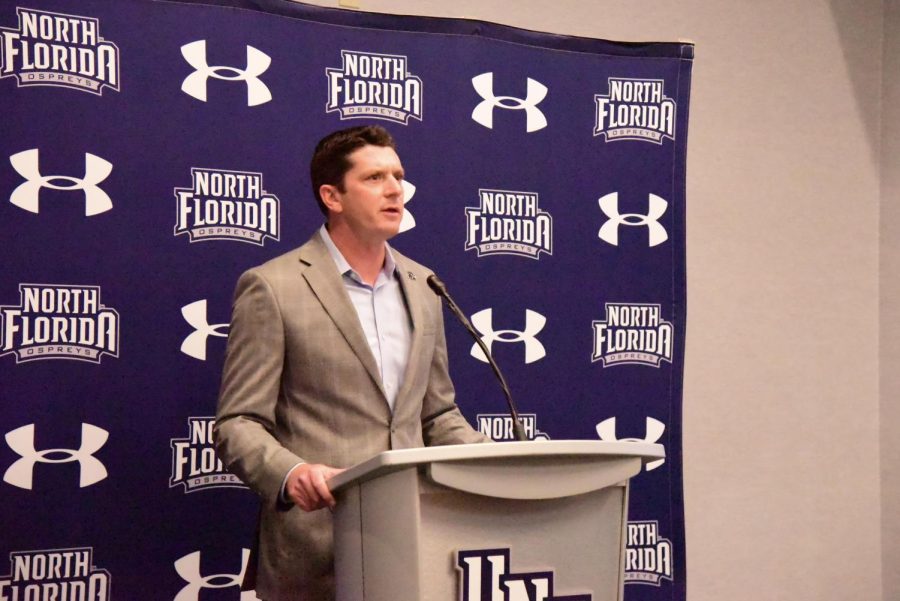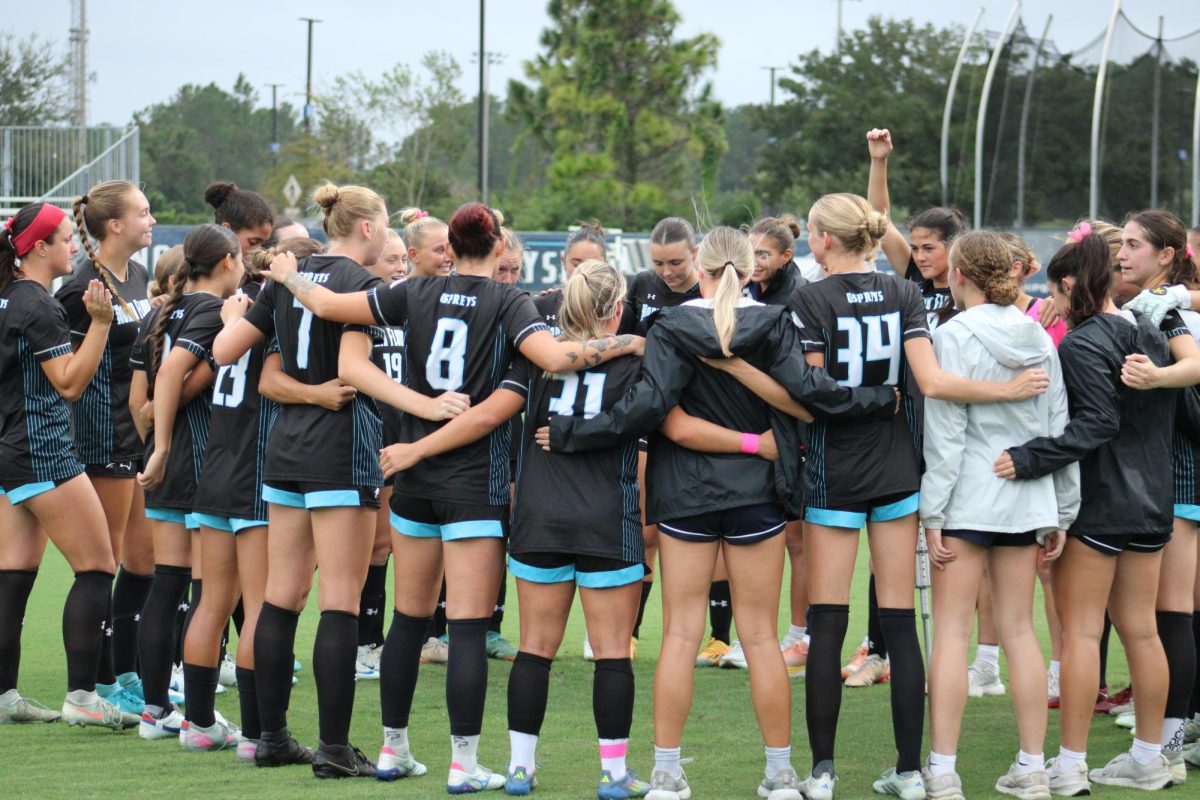
Dirt floors. Asbestos-infested ceilings. Erratic electricity. These are the circumstances that the school Centro Educativo in Pananao, Dominican Republic have undergone. The teachers at the school have never used or seen a computer in their lives, and neither have the children.
The inspiration for the project came from a simple pencil drive. In 2008, JuanCarlos Villatoro, a UNF political science junior, delivered 1,500 pounds of school supplies UNF students donated to Centro Educativo in Pananao. While there he learned of their technology needs.
The project has grown into what is now called CEL — Connect Educate Lead — a new initiative created to provide third world countries with the knowledge and equipment to become technologically literate.
The idea is to provide the school with a fully functional computer lab.
When the vice president of the Dominican Republic heard about the intended plan, he allocated $250,000 to renovate the school. There are still more changes that need to be made, Villatoro said.
Villatoro wants to undergo philanthropic ventures for the rest of his life. He initially planned to start this project after graduating but changed his mind.
“I felt there was no reason why I had to wait until I graduate,” he said.
He hopes to spread the project to Tunisia, Belize and the Philippines. Donations currently finance the project.
About a dozen UNF students are participating in creating the computer lab. Students will be in Pananao July 28 through Aug. 10. Brett Weisnan, a UNF business sophomore, will film tutorials on how to use the computer as well as take snapshots of activities performed on the computer to make learning easier for the students in the Dominican. Weisnan will also be creating an Internet scavenger hunt to help students become accustomed to using the Web.
“This could absolutely change their lives,” he said.
Javan Frinks, a UNF alumnus, will be focusing his efforts toward improving the economy through the creation of a business development center. The center would provide opportunities for entrepreneurs to receive microloans, business plans and financial advice.
He hopes to improve the lives of the Dominican people.
“I think that Americans, we kind of have a sense that the way we live life is kind of similar to how other people live it, and that’s really not the case,” Frinks said.
The project is in its fundraising stage with a projected $40,500 needed to complete the computer lab.
“It’s in the works. … We’re doing all we can as far as fundraising to get this going,” Villatoro said.
The computer lab will be housed in a 40-foot shipping container – the same ones found on semi-trucks. A solar panel system will power the lab, and the lab will receive Internet connection via satellite dish. The lab will also include printers, copiers and a projector. UNF donated 17 refurbished computers to Centro Educativo in Pananao. Villatoro said the construction of the lab will take place in the U.S. and then be shipped to Pananao. The construction will take approximately four days.
He specifically chose the village of Pananao because of their determination to improve themselves, he said. Eight years ago, the village did not have electricity. When the utility company did not want to provide the village with the means to use electricity, the villagers chipped in to purchase the poles, and wires needed to get plugged in.
“This is a community that wants to rise,” Villatoro said.
One benefit the computers will provide is the ability for the chicken and pig farmers in Pananao to increase communication with buyers and sellers in areas across the island and world. Students and teachers will learn computer and typing skills, along with mathematics and other subjects. Students will get the chance to take Distance Learning classes to receive higher education via the Internet.
Villatoro believes the trip to Pananao will provide important learning experiences for both the UNF students and the students in Pananao. Villatoro said he hopes UNF students will gain a sense of appreciation for things they may take for granted in the U.S.
“They [students in Pananao] don’t know what a computer is,” he said. “For us to actually educate them from what a computer is to actually how to log in into Distance Learning; … The potential of what they could learn is limitless.”











